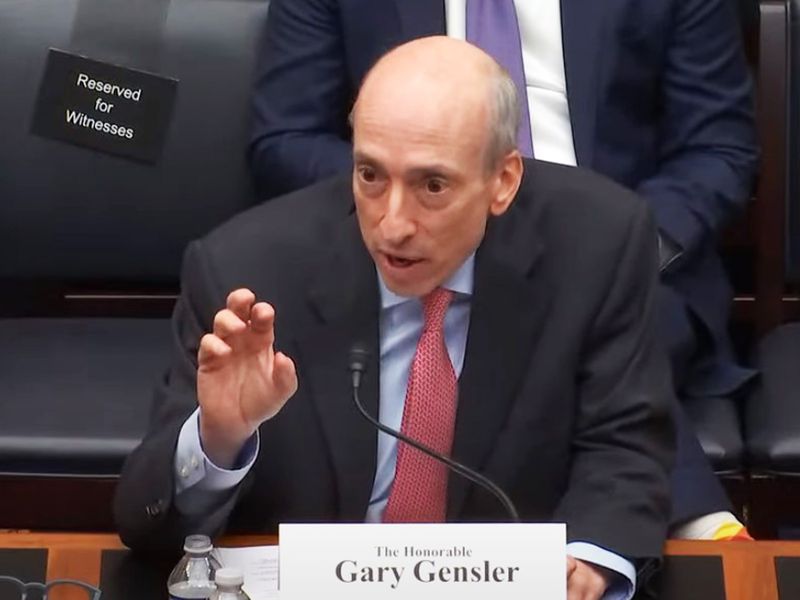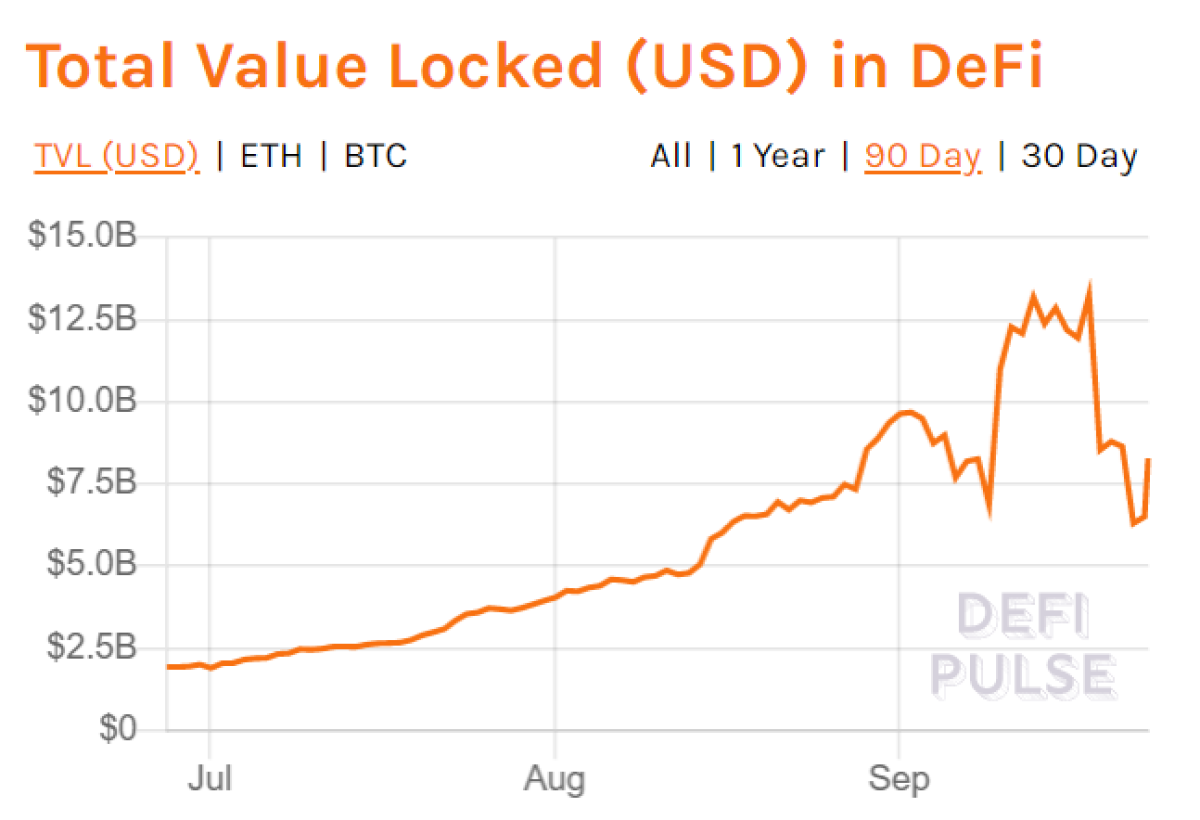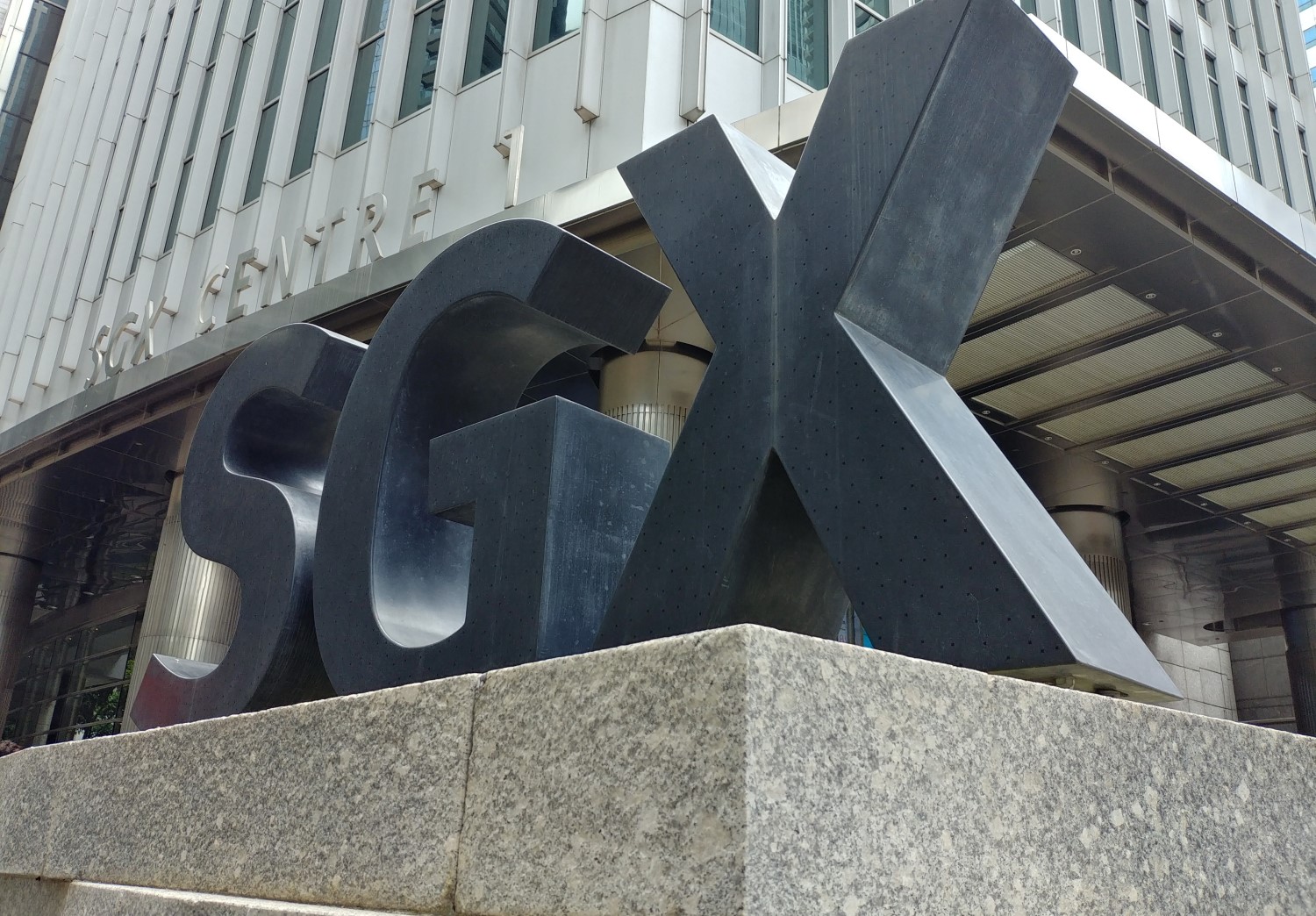OpenLaw Launches First ‘Legal DAO’ for Distributed VC Investments
OpenLaw CEO Aaron Wright speaks at Ethereal 2019. (Credit: CoinDesk archives)
OpenLaw Launches First ‘Legal DAO’ for Distributed VC Investments
A new decentralized autonomous organization (DAO) on Ethereum has legal protections baked right into the cake.
OpenLaw’s LAO, or “Limited Liability Autonomous Organization,” opened Tuesday for investors looking to compliantly earn returns on the next wave of Ethereum-based projects.
By creating a distributed group of investors, initially capped at 100, the LAO seeks to legitimize new forms of venture capital investment, OpenLaw CEO Aaron Wright said in an interview.
“People can begin to explore what it’s like to band together online and collect capital and make investments and operate purely digital,” Wright said.
While the project is open to international participation, only accredited investors in the U.S. can join in.
First announced in September at ETHBerlin, the LAO starts with an LLC wrapper registered in the U.S. state of Delaware. Users can put ether (ETH) – at a minimum of 120 ETH (roughly $23,000 at current prices) – into the smart contract, vote and perhaps accrue payout based on those investments. For Wright and OpenLaw, the takeaway lies in how the market moves money out of investors’ hands and into promising cryptocurrency projects.
If Coinbase legitimized the model first put forth by Mt. Gox, Wright said, the LAO could do the same for DAOs, which have seen a relative comeback in the past year.
Technically speaking, the LAO will host multiple projects, which will sign over tokenized shares of stocks in exchange for investors’ ETH. Only accredited investors in the U.S. can take part in the LAO. The original DAO – which was drained 3.6 million ETH in an infamous 2016 hack – faced legal scrutiny due to concerns it constituted an unregulated securities offering.
Shares can be purchased in what Wright called “blocks” of 1 percent of 120 ETH. Up to 9 percent of shares can be purchased worth 1,080 ETH, according to U.S. Securities and Exchange Commission (SEC) regulations.
Wright said the firm will spin up many LAOs depending on demand with each one eyeing $2.5 million in funding.
Compliance with regulation is one way to fix perception issues with DAOs. The capital pooling method soured after the 2016 hack, which then spurred a major fork in the Ethereum ecosystem, leading to the creation of both ethereum and ethereum classic (ETC).
One interesting variation in these capital projects versus traditional finance is the ability to “Rage Quit,” or pull out funds whenever an investor chooses. Wright said the governance tool (first pioneered by MolochDAO) gives users a chance to control their investments from beginning to end.
Disclosure Read More
The leader in blockchain news, CoinDesk is a media outlet that strives for the highest journalistic standards and abides by a strict set of editorial policies. CoinDesk is an independent operating subsidiary of Digital Currency Group, which invests in cryptocurrencies and blockchain startups.









